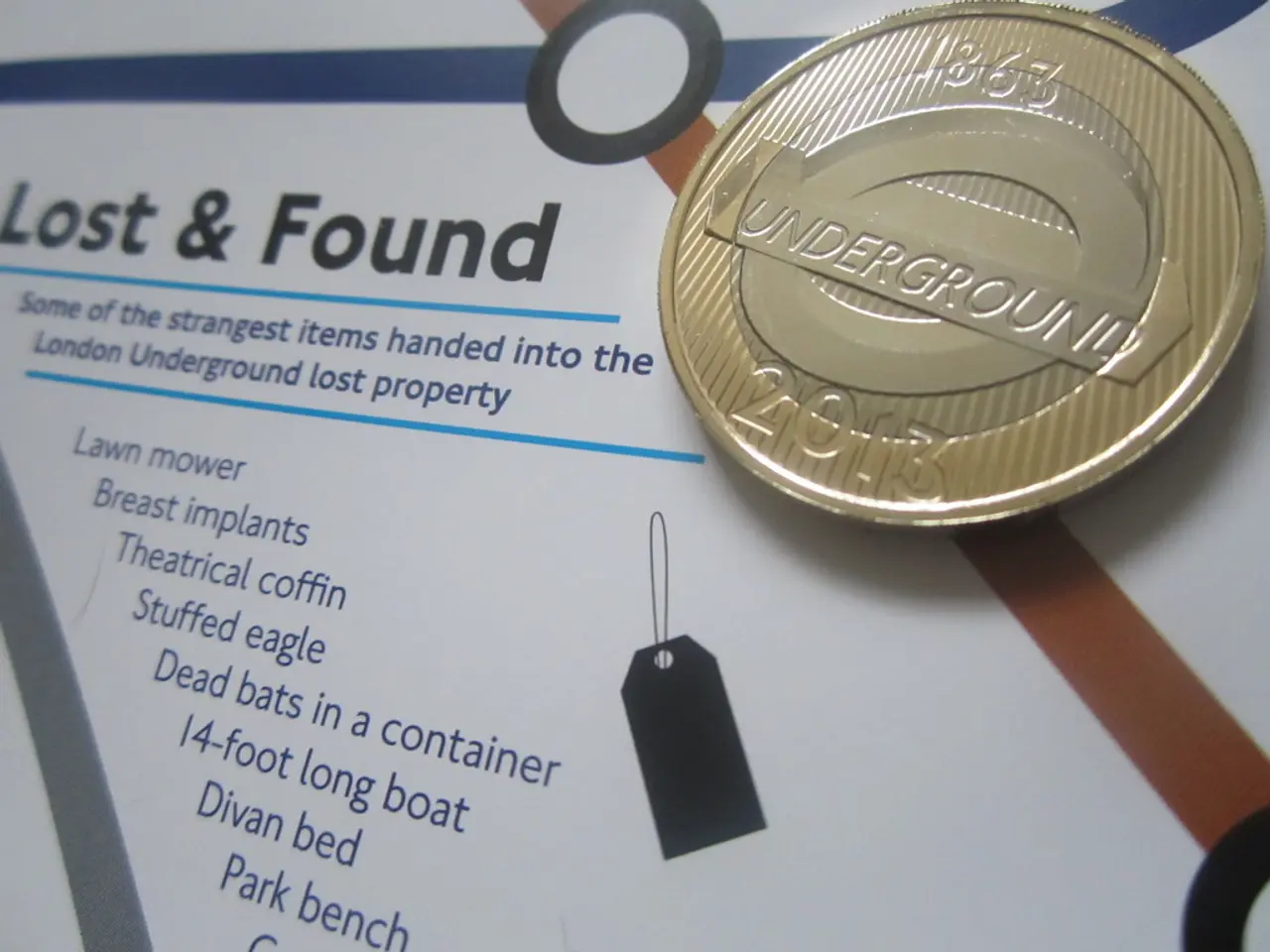Method for Remitting Funds Overseas without Undergoing Foreign Exchange Charges
In the digital age, sending money abroad has become easier and more cost-effective than ever before. With the advent of multi-currency bank accounts, digital wallets, and stablecoins, you can now transfer funds directly without the need for conversion. Here's a guide to help you navigate these options.
Multi-Currency Bank Accounts
Opening accounts in both your domestic currency and the foreign currency at banks that offer multi-currency or international accounts is the traditional approach. For instance, HSBC’s Global View service allows fee-free same-day transfers to 20+ countries in different currencies without forced conversions, if the recipient also holds a compatible account. Similarly, Lloyds’ Premier International account facilitates transfers in US dollars and euros without conversion within its network. This way, you can move funds in the same currency directly between accounts without currency conversion.
Digital Wallets with Multi-Currency Support
Some digital wallets, like PayPal, allow you to hold, send, and receive multiple currencies directly. When both sender and receiver have wallets supporting the same currency, funds can be transferred without conversion. However, availability depends on the countries and currencies involved.
Stablecoins
Stablecoins, such as USDT, USDC, and DAI, are cryptocurrencies pegged to stable assets like the US dollar. They enable almost instant, borderless transfers of value in the same currency (stablecoin) without the need for traditional banking conversion and settlement processes. This avoids layers of costly currency conversion and delays common in traditional cross-border transfers.
However, when using stablecoins, it's essential to ensure the recipient has a crypto wallet, and any re-exchange to withdraw money in local currency is a separate process. Migrant workers and NGOs worldwide use stablecoins due to their lack of fees associated with the banking system and clear rates.
Key Details
- Using multi-currency bank accounts requires setting up accounts both domestically and abroad in the target currency. Transfers occur within banking systems that support multi-currency balances, often with conditions like minimum income or savings thresholds.
- Digital wallets depend on wallet and country compatibility. The recipient usually needs an account in the same currency and platform.
- Stablecoins require both parties to have wallets that hold stablecoins, and compliance with KYC and regulatory checks still applies. They settle instantly on blockchain, removing correspondent banking delays and currency conversions typical in SWIFT transfers.
In Summary
To send money abroad without conversion, consider using multi-currency bank accounts, digital wallets, or stablecoins. Each method has its requirements and notes, as outlined in the table below:
| Method | How It Works | Requirements/Notes | |-------------------------|------------------------------------------------|-------------------------------------------------| | Multi-currency bank account | Hold accounts in both sending and receiving currency and transfer funds directly | Accounts in both currencies; some banks require specific account types or income[1] | | Digital wallets | Transfer same currency between compatible wallet accounts | Both parties need digital wallets supporting the same currency[3] | | Stablecoins | Send blockchain-based tokens pegged to a currency, settled instantly on chain | Both parties need crypto wallets, compliance with regulations required[2][4] |
Being careful with these methods and having the right information can help send money abroad without additional conversion fees and save valuable money. Businesses with clients or transactions primarily in a specific country may benefit from a foreign currency account. In India, foreign transactions of up to $2.5 lakh per year can be done under the RBI's LRS scheme, with special permission required for more.
- For a traditional method, opening multi-currency bank accounts at banks like HSBC and Lloyds enables fee-free transfers in foreign currencies without forced conversions, when both accounts are compatible.
- To transfer funds instantly and borderlessly without the need for conventional banking processes, consider using stablecoins, provided that both parties possess crypto wallets and comply with regulatory checks.




